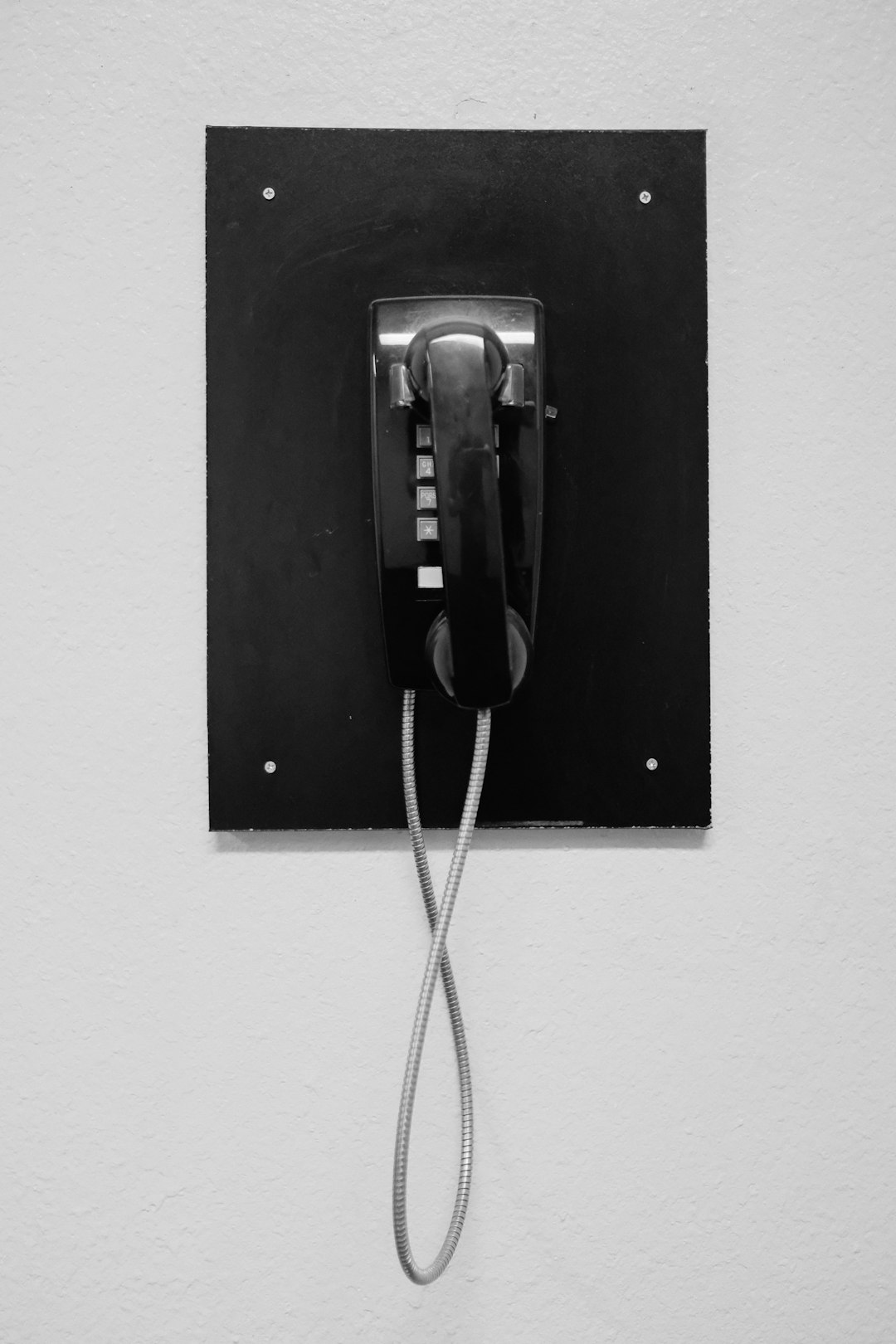The Telephone Consumer Protection Act (TCPA) protects North Carolinians from unwanted phone calls and text messages. Residents facing robocalls or unsolicited texts can block numbers, file complaints with government agencies, and seek legal advice from specialized Do Not Text lawyers or robocall attorneys to enforce their rights and avoid significant fines for businesses.
In North Carolina, the Telephone Consumer Protection Act (TCPA) safeguards residents from unwanted text messages and robocalls. Understanding your rights under this federal law is crucial to stopping intrusive marketing calls. If you’re a victim of TCPA violations, knowing how to file a complaint with the Federal Trade Commission or state regulators can help hold violators accountable. Consider seeking legal assistance from a qualified Do Not Text lawyer or robocall attorney in North Carolina to navigate these protections and enforce your rights effectively. Explore our guide for steps to take, including finding the right Do Not Text law firm NC residents trust.
- Understanding the Telephone Consumer Protection Act (TCPA) in North Carolina
- Your Rights as a North Carolina Resident: Stopping Unwanted Text Messages and Robocalls
- How to File a Complaint Against Violators: A Step-by-Step Guide
- The Role of Legal Assistance: Finding the Right Attorney for TCPA Cases in NC
Understanding the Telephone Consumer Protection Act (TCPA) in North Carolina
The Telephone Consumer Protection Act (TCPA) is a federal law designed to safeguard consumers from unwanted phone calls and text messages, ensuring their privacy and peace of mind. In North Carolina, residents are protected by this legislation, which has specific implications for businesses and organizations engaging in telemarketing activities. Understanding the TCPA is crucial for both consumers and businesses alike, especially when it comes to avoiding violations that could result in significant fines.
For North Carolina residents facing persistent robocalls or unsolicited text messages from lawyers or law firms, knowing their rights under the TCPA is empowering. If you fall into this category, consider seeking advice from a specialized Do Not Text lawyer or robocall attorney in North Carolina who can guide you on how to enforce your rights. This might involve blocking numbers, filing complaints with relevant authorities, or taking legal action against violators, ensuring that your Do Not Text preferences are respected and that your communications remain unobstructed.
Your Rights as a North Carolina Resident: Stopping Unwanted Text Messages and Robocalls
As a resident of North Carolina, you have rights under the Telephone Consumer Protection Act (TCPA) to stop unwanted text messages and robocalls. If you’re receiving unsolicited texts or calls from law firms or attorneys, including those advertising “Do Not Text Lawyer North Carolina” or promising legal services via “robocall attorneys North Carolina,” know that you can take action.
You have the legal right to request that these entities stop contacting you. This can be done by replying “STOP” or “NO” to any text message, or by using the Do Not Call Registry for voice calls. Additionally, if you feel your rights have been violated, considering seeking legal counsel from a reputable law firm specializing in TCPA compliance and enforcement, such as those listed as “Do Not Text law firm North Carolina” or “robocall law firms North Carolina.” These professionals can help navigate the complexities of the TCPA and ensure your rights are protected.
How to File a Complaint Against Violators: A Step-by-Step Guide
If you’ve received unwanted text messages from law firms or lawyers in North Carolina, knowing your rights and how to take action is essential. Here’s a straightforward guide on what steps to take if you want to file a complaint against violators of the Telephone Consumer Protection Act (TCPA).
Start by gathering all relevant information about the suspected violator. This includes the sender’s name, phone number, and any details about the text messages you received, such as dates and content. Next, contact the North Carolina Department of Justice or the Federal Trade Commission (FTC) to file a formal complaint. You can do this online through their respective websites or by calling their dedicated helplines. When filing, provide all the collected information and explain the nature of the violation, whether it’s related to robocalls or unsolicited text messages from law firms or attorneys. Additionally, consider reporting the issue to consumer protection agencies in North Carolina, such as the North Carolina Attorney General’s Office, which actively enforces TCPA regulations and can assist in investigating and taking legal action against violators, including those who do not text lawyer North Carolina but fall under the act’s scope.
The Role of Legal Assistance: Finding the Right Attorney for TCPA Cases in NC
When navigating a Telephone Consumer Protection Act (TCPA) case in North Carolina, legal assistance is indispensable. The complexities of federal and state laws governing telemarketing practices require expertise to ensure your rights are protected. If you’ve received unwanted robocalls or text messages from businesses or individuals, it’s crucial to consult with an attorney who specializes in TCPA litigation.
Finding the right lawyer for your case is essential. Look for a Do Not Text attorney or law firm North Carolina with a proven track record in handling robocall cases. They should be well-versed in the nuances of the TCPA and equipped to help you secure compensation if you’ve been harmed by unsolicited communication. Engaging Do Not Text lawyers North Carolina who specialize in this area ensures you receive effective representation tailored to your unique situation, helping you enforce your TCPA rights under the law.






